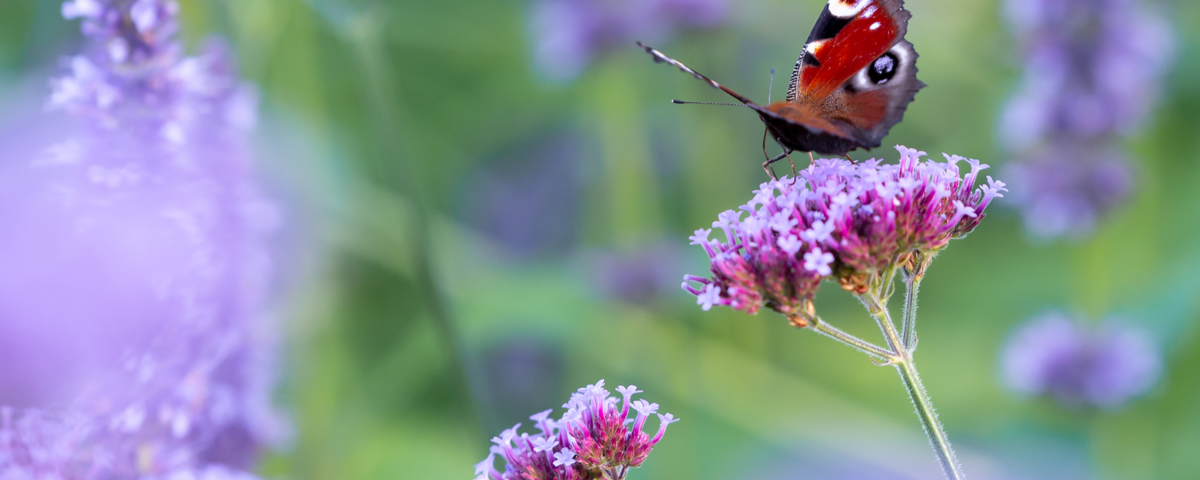One of the recurring themes during the sessions for WTM Virtual and London Travel Week was the need for tourism to pay far greater attention to the biodiversity crisis. Many speakers made it clear that the destruction of biodiversity underpins both the current COVID crisis, and the Climate Emergency. As Aradhana Khowala, CEO & Founder, Aptamind Partners put it starkly, saying: “We will never get a better poster child for how biodiversity loss affects us than COVID. Unless we find a way to regenerate and enhance biodiversity and do it quickly, we are basically doomed.”
Khowala was speaking during a session on Wednesday 10th titled ‘Tourism and Biodiversity, Friend or Foe’. During that same session, John Scanlon, the Acting CEO and Chair, Elephant Protection Initiative Foundation, echoed her thoughts, stating: “COVID has psychologically shifted people’s thinking to see that you can’t keep messing around with wild animals and wild places and not have any consequences.“
Just as Khowala and Scanlon observed that COVID has increased people’s awareness of our interconnectedness with and reliance on the natural world, Co-Founder of the Eden Project Sir Tim Smit saw that this offers an opportunity for tourism to engage with our guests and make them more aware.
“Leisure can be the opportunity to be in nature or feeling your body acting as nature would intend, in surroundings that remind you of how good it is to live on this fragile little planet of ours,” he said during this year’s Keynote speech at London Travel Week. “Our influence could be so much bigger than any other business, because people when they go on holiday and they stay with us and they eat with us and they pause to relax, they are in a different mindzone. So if they go to a place they admire and they and their family are having a good time and they see that that place stands for certain values, those values will rub off on them.”
Smit’s focus on the unique potential of our industry to engage people was also addressed by JoAnna Haugen, Storyteller at Rooted, a solutions platform focussed on social impact, sustainable tourism and storytelling. “Humans are storytelling animals,” said Haugen, “it’s a powerful way to connect with someone else.”
She shared a story of an Icelandic guide who would take guests to a glacier, and while they were there admiring the beauty he would show them a photo his father had taken many years ago when standing in the same place, and this would make clear to them where the glacier once had been, compared to where it was now.
Haugen was referring to the phenomenon known as Shifting Baseline syndrome – we get used to whatever we experience, and treat that as the default, becoming less surprised by it. Numbers of daily COVID victims that shocked us in March become unremarkable by October. If I go on safari and see one lion, I am happy, because I am unaware – unless a guide provides context – that had I visited a decade before there would have been many more.
I wrote about this last year, in a blog to mark the annual Remembrance Day for Lost Species, a day where artists and activists around the world put on a range of events to make sure we don’t forget what we have lost, which occurs each year on November 30. “How might hotels or tour companies use this moment to think about how they share stories with their guests about the natural history of their region?” I wrote. “If a tourist sees three giraffes in the distance they will marvel at the biodiversity of the place. Their guide may amuse them with anecdotes about how these long necked mammals have the same number of vertebrae as we do, or that its neck is too short to reach the ground. But suppose a few decades back there were 40% more? What is our role as guides and storytellers then?”
If the shifts observed by many of the speakers at WTM are true, then this role will be even more important when tourism returns. How will we make sure we respond to the shift in their perception that Scanlon talks about? How might we use the unique influence that Smit observes our industry possesses to bring them closer to the truth about the places they visit?


